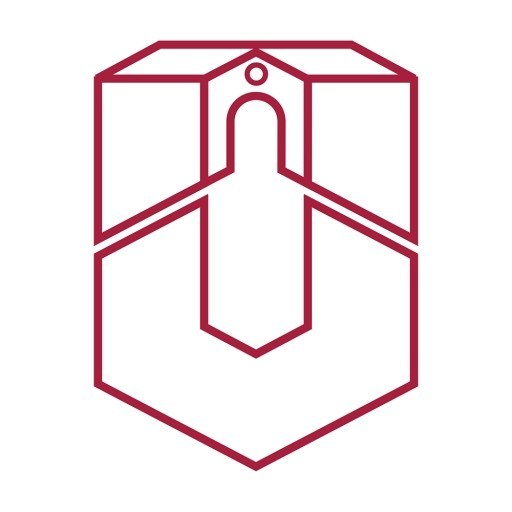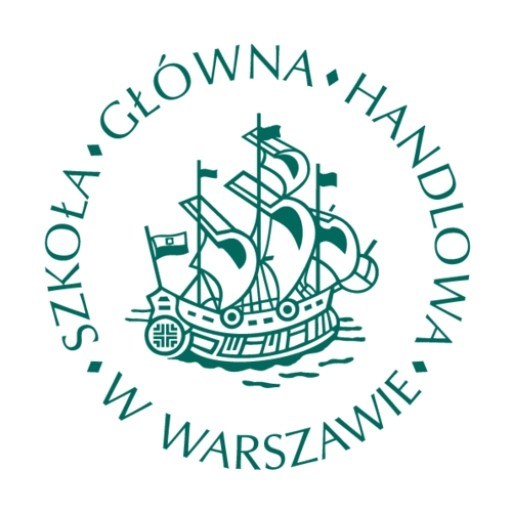Photos of university / #uniosnabrueck
Democratic Governance and Civil Society is a comprehensive master's program offered by the University of Osnabrück that prepares students to understand and analyze the complex mechanisms underpinning democratic systems and the development of civil society worldwide. This interdisciplinary program combines insights from political science, sociology, law, and international relations, providing a well-rounded understanding of how democratic institutions function, how civil society actors influence policy-making, and how democratic processes can be strengthened. Students will explore critical issues such as governance challenges, citizen participation, social movements, human rights, and governance reforms, gaining the tools necessary to effectively contribute to democratic development at local, national, and international levels. The curriculum features a mix of theoretical foundations and practical approaches, including case studies, policy analysis, and participatory methods, facilitating a deep engagement with real-world issues. Students will have the opportunity to enrich their learning through field visits, internships, and international exchange programs, broadening their perspectives and networks. The program emphasizes developing analytical and communication skills, enabling graduates to work in governmental and non-governmental organizations, international agencies, research institutions, and civic initiatives. Graduates will be equipped to critically assess governance structures, advocate for democratic reforms, and support civil society initiatives that promote social justice, transparency, and accountability. The program's international orientation ensures that students gain a global perspective on democratic principles and civil society activism, preparing them for careers across diverse cultural and political contexts. Upon completion, students will have the expertise and practical skills to actively contribute to strengthening democratic governance and civil society, fostering sustainable development and social cohesion in their future professional endeavors.
Educational organisation
Seminars, research projects, lectures, research seminars, internshipInternships
An internship has to be completed in the course of the fourth semester of the programme.Forms of assessment
Scientific essays ("Hausarbeit"), research reports, oral exams, Master's thesisCourse objectives
In the face of increasing difficulties in governing shrinking resources of democratic legitimation, all European countries need highly qualified, adequately trained and competent professionals to solve current challenges in policy formulation and interest intermediation as well as to handle multiple and complex tasks of policy implementation in various societal sectors. The competences to be acquired in this programme will qualify students to understand and meet the challenges of democratic governance, to advise organisations in the fields of politics, law, economics, and education, and to support and implement practical efforts and solutions. The broad and substantial knowledge in the field of civil society and democratic governance offered by the Master's programme opens a path not only to academic careers, but also to practical occupational opportunities in the fields of politics and administration, policy expertise, NGOs and interest associations on a national, European and international level.Language requirements
Sufficient language skills are usually presumed if the applicant is able to submit a certificate of one of the following:For English (unless it is the applicant's mother tongue):
- Verification of at least six years of English at school
- IELTS Test (Band 3.5 - 4.5)
For German (unless it is the applicant's mother tongue):
- DSH 1
- TestDaF 12 Points
Required DSH / TestDaF
YesAcademic requirements
- Bachelor's degree in social sciences, political science, sociology or European studies
- Proof of sufficient English skills (unless it is the applicant's mother tongue):
- Verification of at least six years of English at school
- IELTS Test (Band 3.5 - 4.5)
- Proof of sufficient German skills (unless it is the applicant's mother tongue):
- DSH 1
- TestDaF 12 Points
Enrolment fees
Each semester, students are required to pay approx. 330 EUR as an enrolment fee (including free use of regional public transport services).Costs of living
In order to cover personal expenses during the study programme, we recommend that single participants budget at least 670 EUR per month for accommodation, living, health insurance, books and miscellaneous expenses.Job opportunities
Students who have completed their Bachelor's studies may be employed as student assistants.Arrival support
At the beginning of each semester, the international office offers all new international students a pick-up service and an orientation week ("Welcome Week"), which enables new students to complete all official formalities, to become acquainted with the city and university, and to get to know other international and German students.Services and support for international students
The International Office offers diverse services for international students, e.g. the international cultural programme "JOIN-OS" offering day trips, theatre visits, Christmas dinner, etc.The intercultural mentoring programme at Osnabrück University ("imos") provides new international students with social and subject-specific support by a fellow student and an academic staff member.








